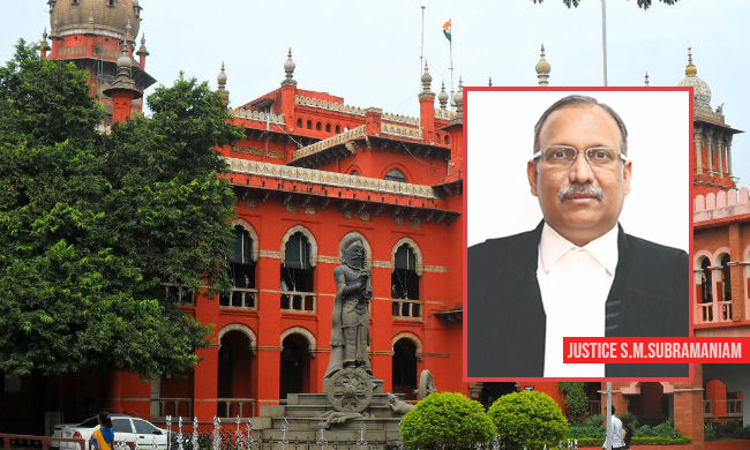While refusing relief to a mother alleging medical negligence, the Madras High Court said the government hospitals in the country are already flooded with patients and the courts cannot be expected to interfere with the decisions of the specialist doctors with respect to the treatment to be provided to patients."Hundreds of children are provided treatment in the Institute of Child Health...

